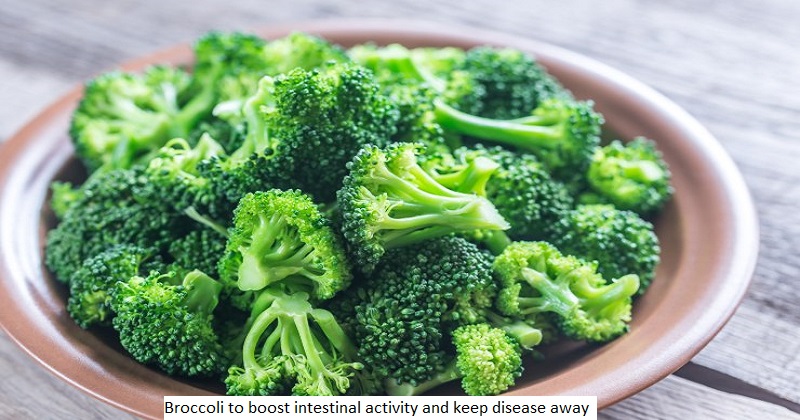
Researchers have discovered details about the mechanism by which broccoli protects the lining of the small intestine, preventing disease development in mice. The study from Pennsylvania State University in the United States provided compelling evidence for why vegetables like broccoli, cabbage, and Brussels sprouts should be included in a healthy diet. The researchers discovered that molecules in broccoli, known as aryl hydrocarbon receptor ligands, bind to the aryl hydrocarbon receptor (AHR) on the small intestine wall, which is a type of protein known as a transcription factor. Certain intestinal cells help to modulate the entry of beneficial water and nutrients into the body while keeping out harmful food particles and bacteria, thereby maintaining balance. Enterocytes absorb water and nutrients, goblet cells secrete a protective layer of mucus, and Paneth cells secrete lysosomes containing digestive enzymes. The researchers fed an experimental group of mice a diet containing 15% broccoli – the human equivalent of about 3.5 cups per day – and a control group of mice a standard lab diet that did not contain broccoli.

Post Your Comments